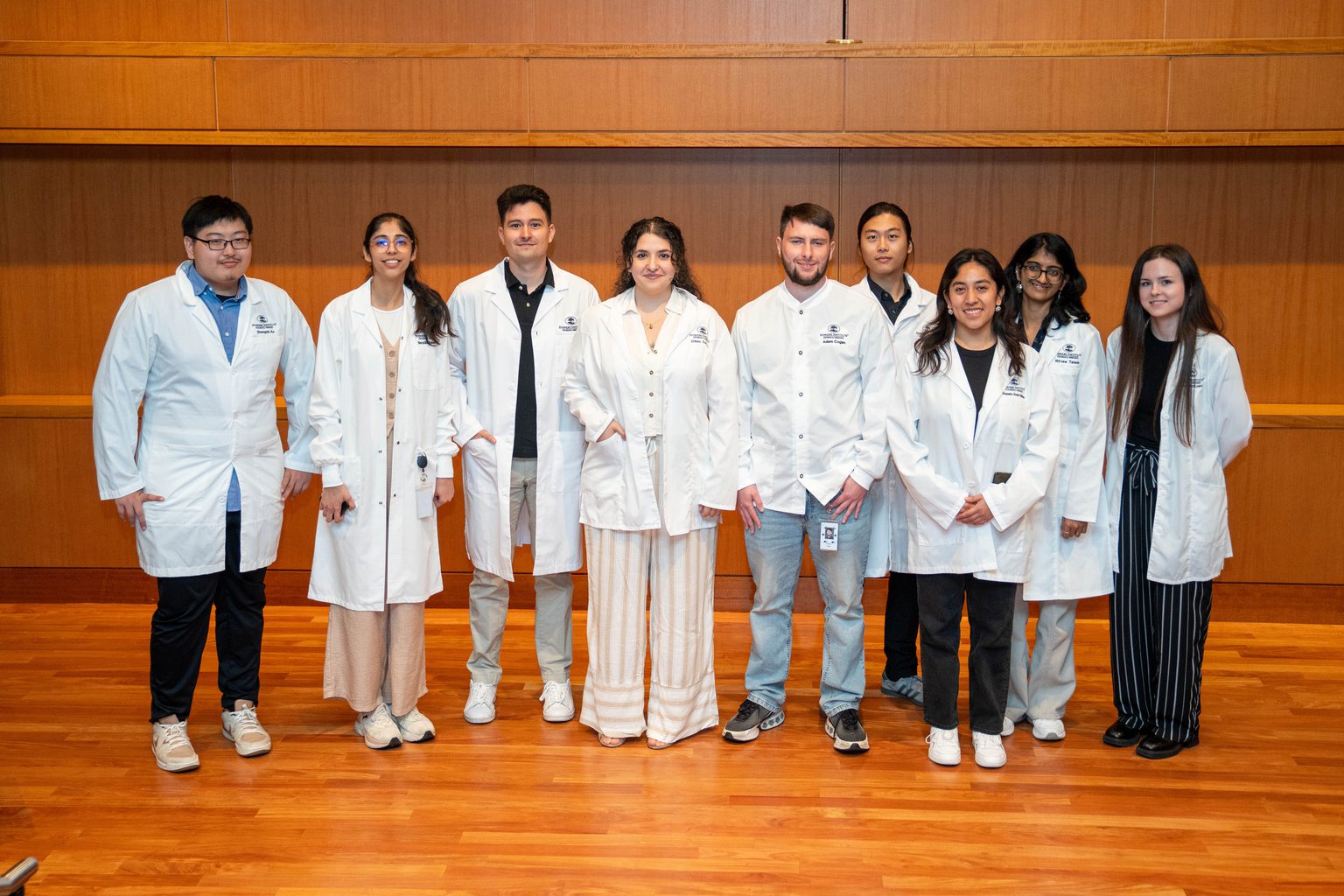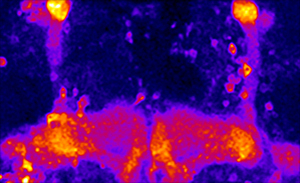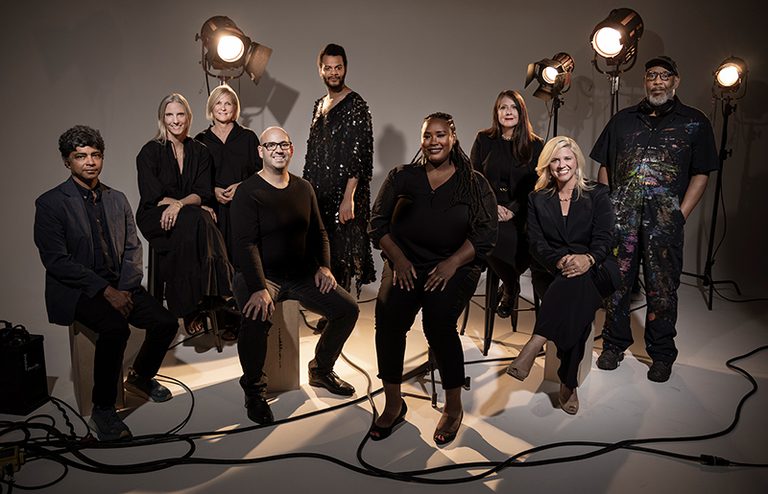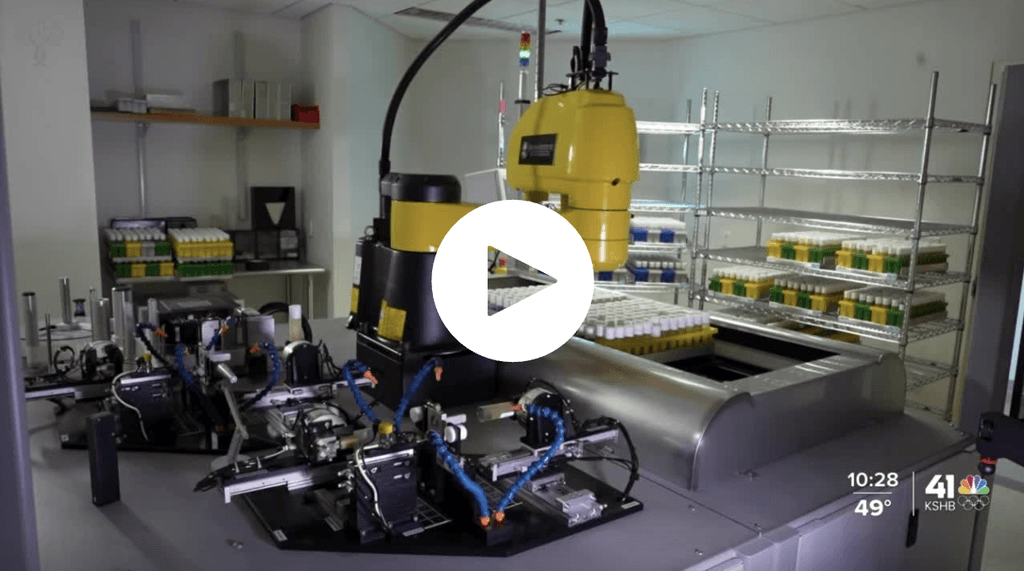News

09 October 2025
2025 Lab Coat Ceremony Welcomes Graduate Students To Their Thesis Labs
An annual tradition marks the start of scientific discovery for the 2024-2025 class of Stowers Graduate School students.
Read Article
Podcast
KCUR 89.3, the local NPR affiliate in Kansas City, recently hosted Stowers Investigator Kausik Si, PhD, on the morning news program “Up to Date.”

Stowers Investigator Kausik Si, PhD
KCUR 89.3, the local NPR affiliate in Kansas City, recently hosted Stowers Investigator Kausik Si, PhD, on the morning news program “Up to Date.”

Kausik discussed his research which centers around how memories are made and how they withstand time. He discussed how his findings go against the grain, and could offer new perspective and opportunity regarding how scientists work to investigate Alzheimer’s disease.
Below is an excerpt from the article from KCUR.
A Stowers Institute researcher intent on learning how our brains work found that proteins can have more than one effect on what we remember.
Kausik Si, who has a doctorate in molecular biology, oversees a lab at the Stowers Institute that works to understand how some experiences can change behavior while others do not.
Si's team took a deep dive into how memory works and made a surprising discovery about the role of proteins in our brains.
Amyloid proteins are the source of plaques associated with Alzheimer's disease. Si's lab has found that proteins can also create structures that help form and stabilize long-term memories.
If you’d like to listen to Kausik’s full appearance on “Up to Date” click here.
News

09 October 2025
An annual tradition marks the start of scientific discovery for the 2024-2025 class of Stowers Graduate School students.
Read Article
In The News

03 July 2024
From In Kansas City Magazine: Meet 10 people, including Stowers Scientific Director Kausik Si, Ph.D., who are making a difference in Kansas City.
Read Article
In The News

08 March 2024
From KSHB, one of the area's top scientists, Kausik Si, Ph.D., from the Stowers Institute received a coveted award for his "paradigm shifting" work to understand how our memory works and how that defines us.
Read Article
Press Release
21 February 2024
Scientific Director Kausik Si from the Stowers Institute for Medical Research alongside Investigator Lukasz Joachimiak from the University of Texas Southwestern Medical Center received CZI's Collaborative Pairs Pilot Project Awards grant for their project titled, “Tuning memory by altering amyloids.”
Read Article